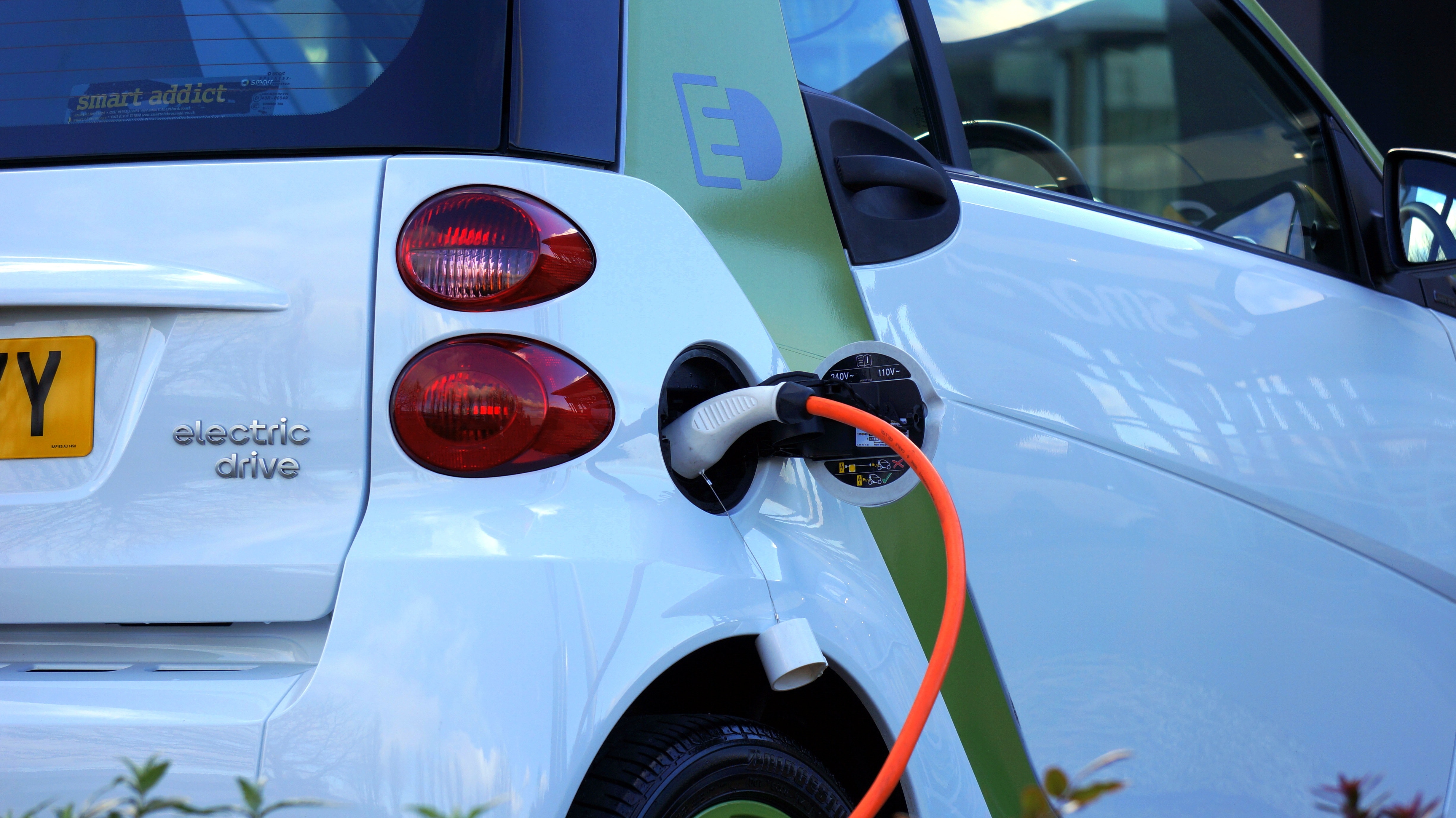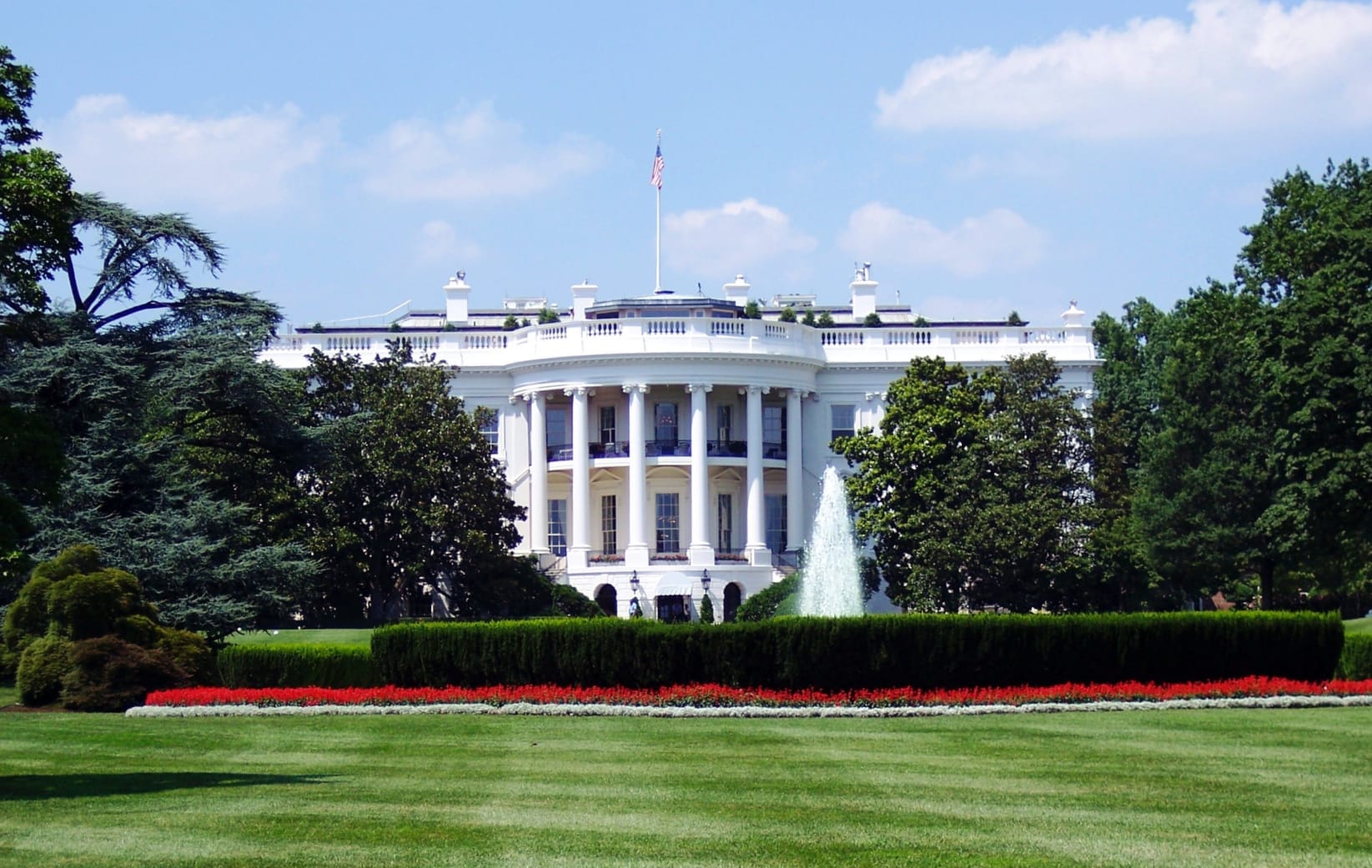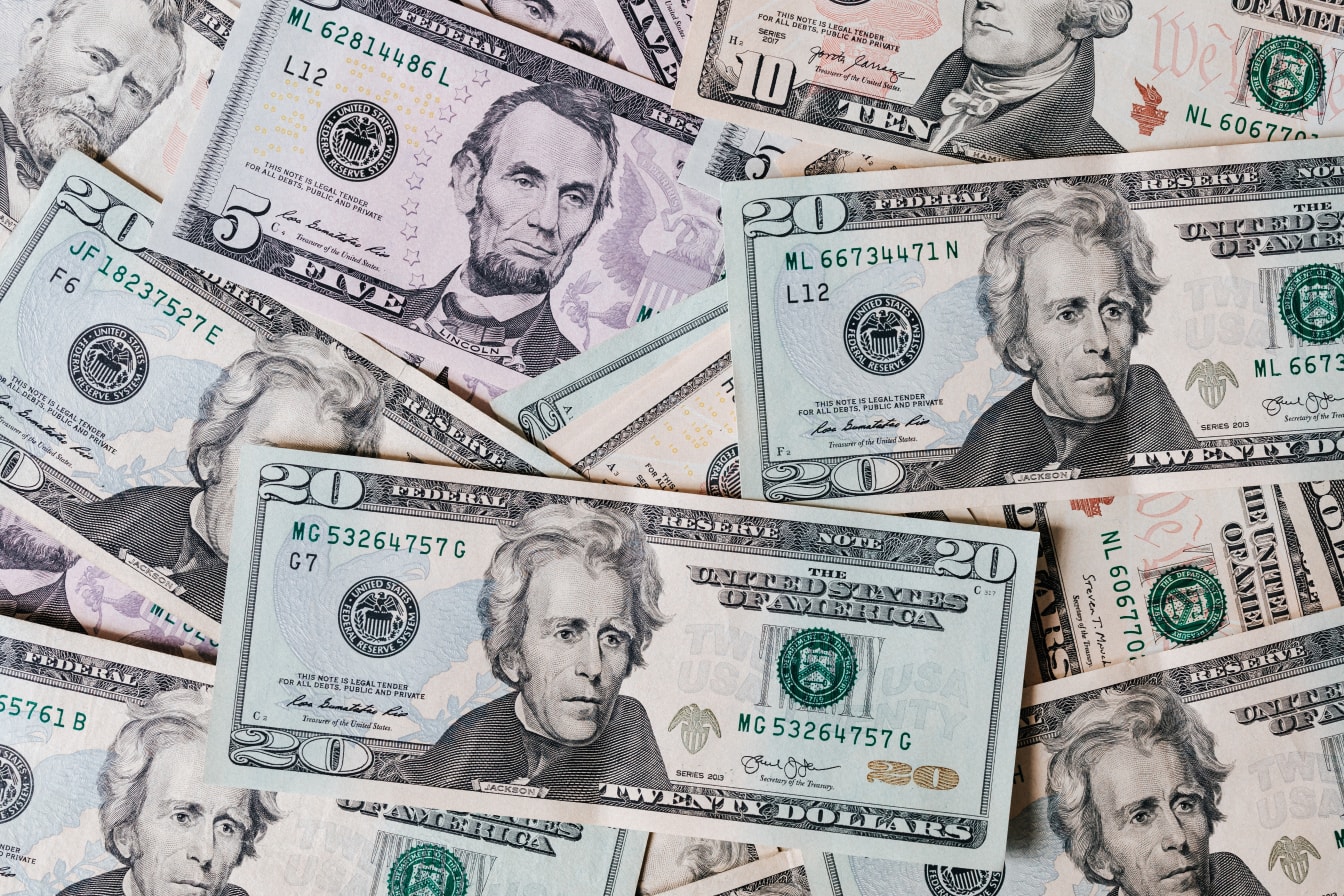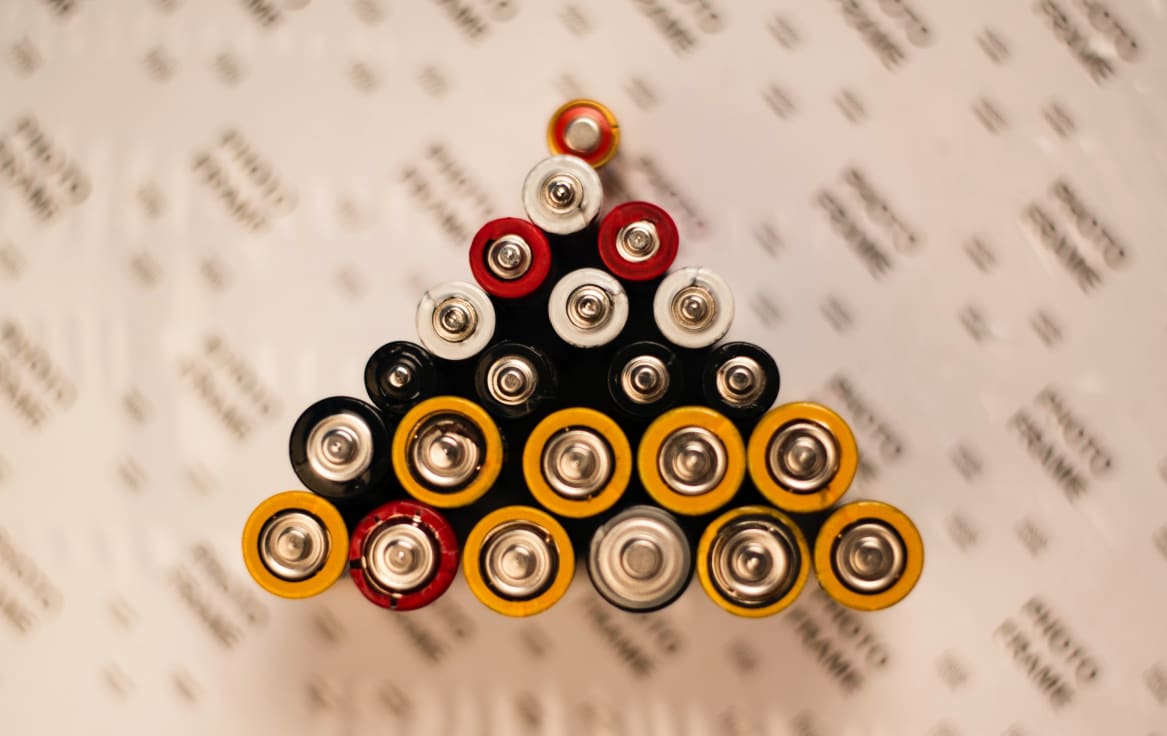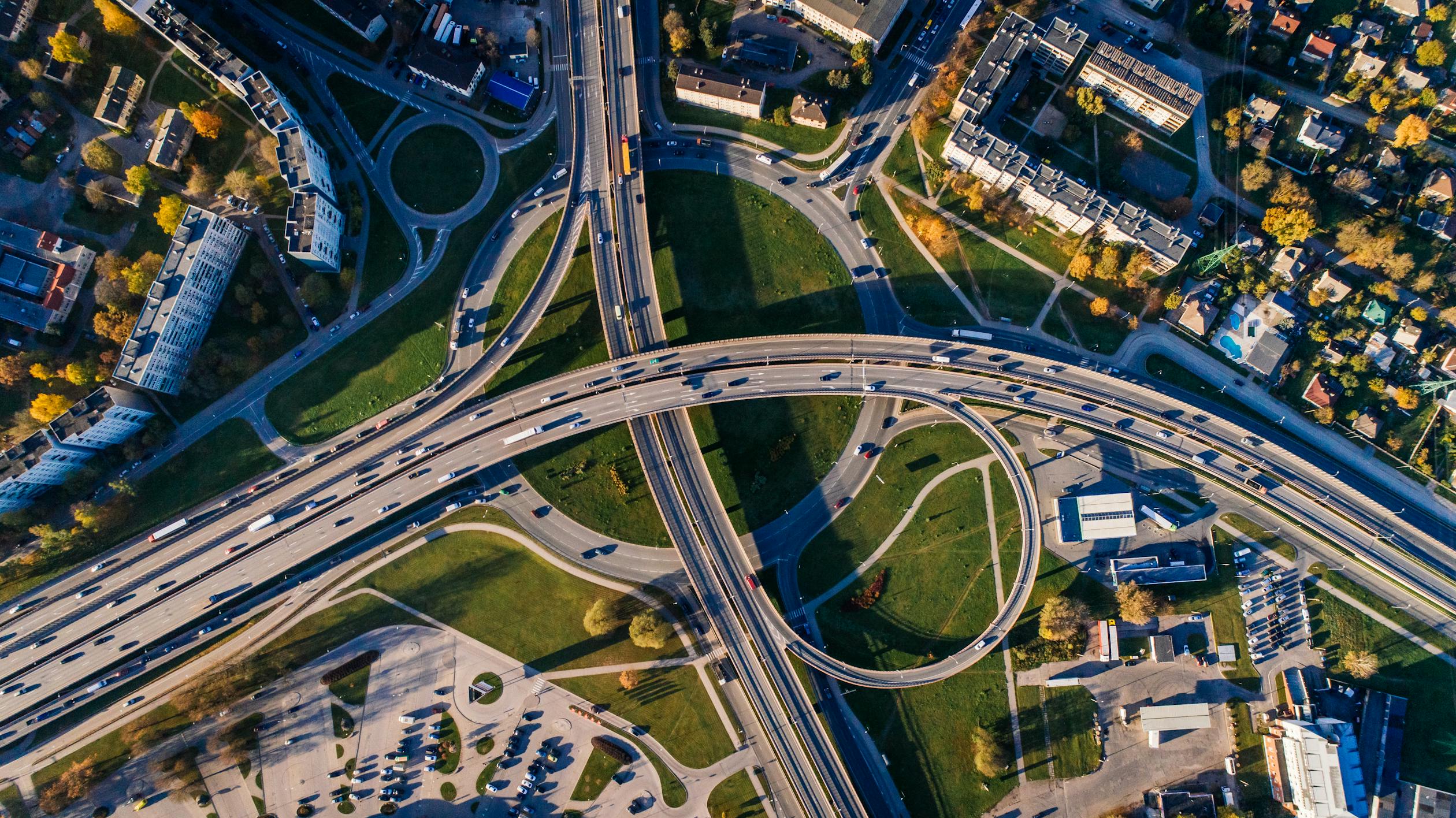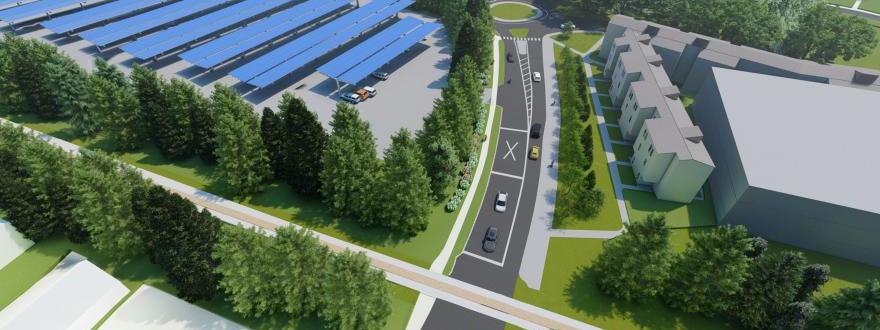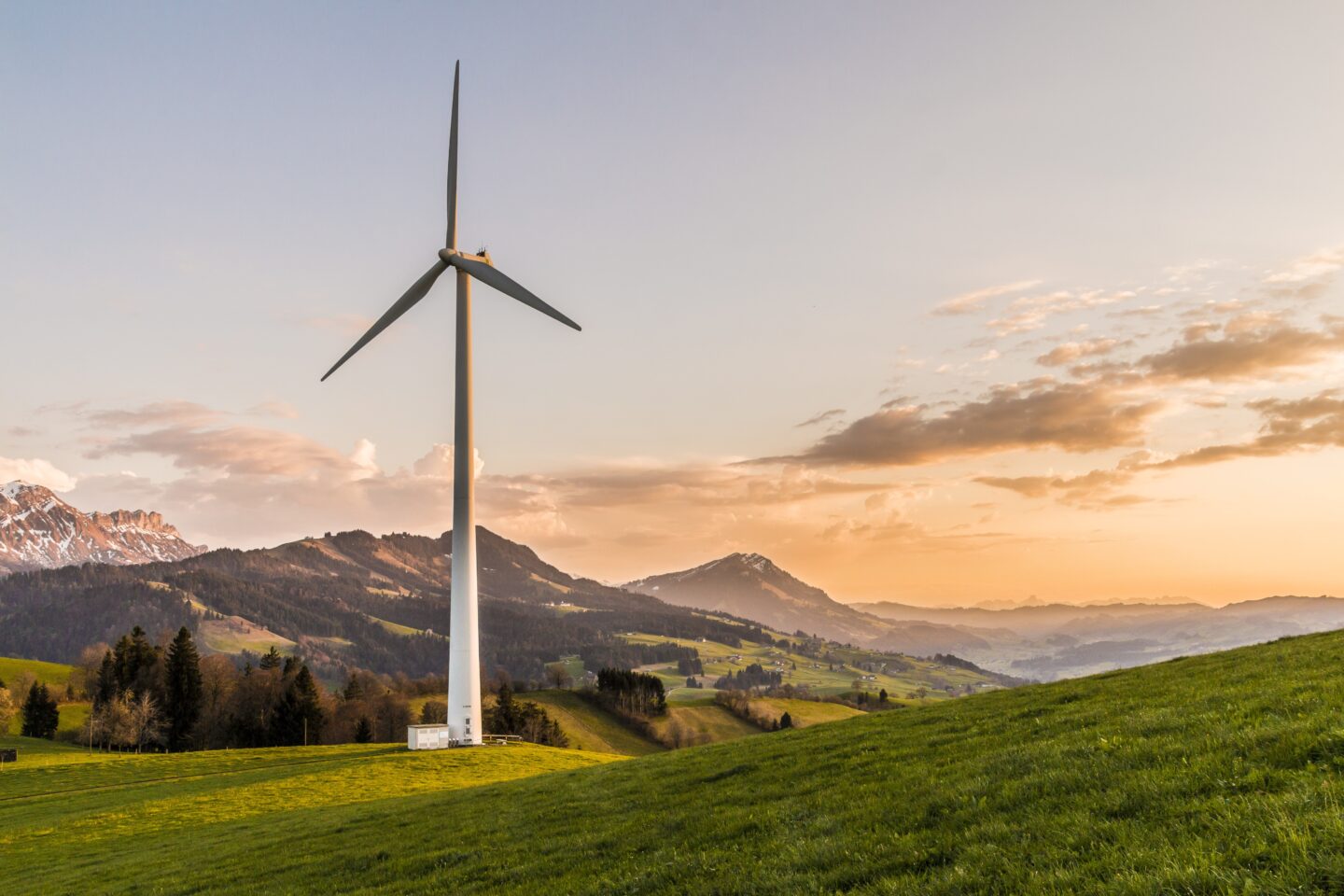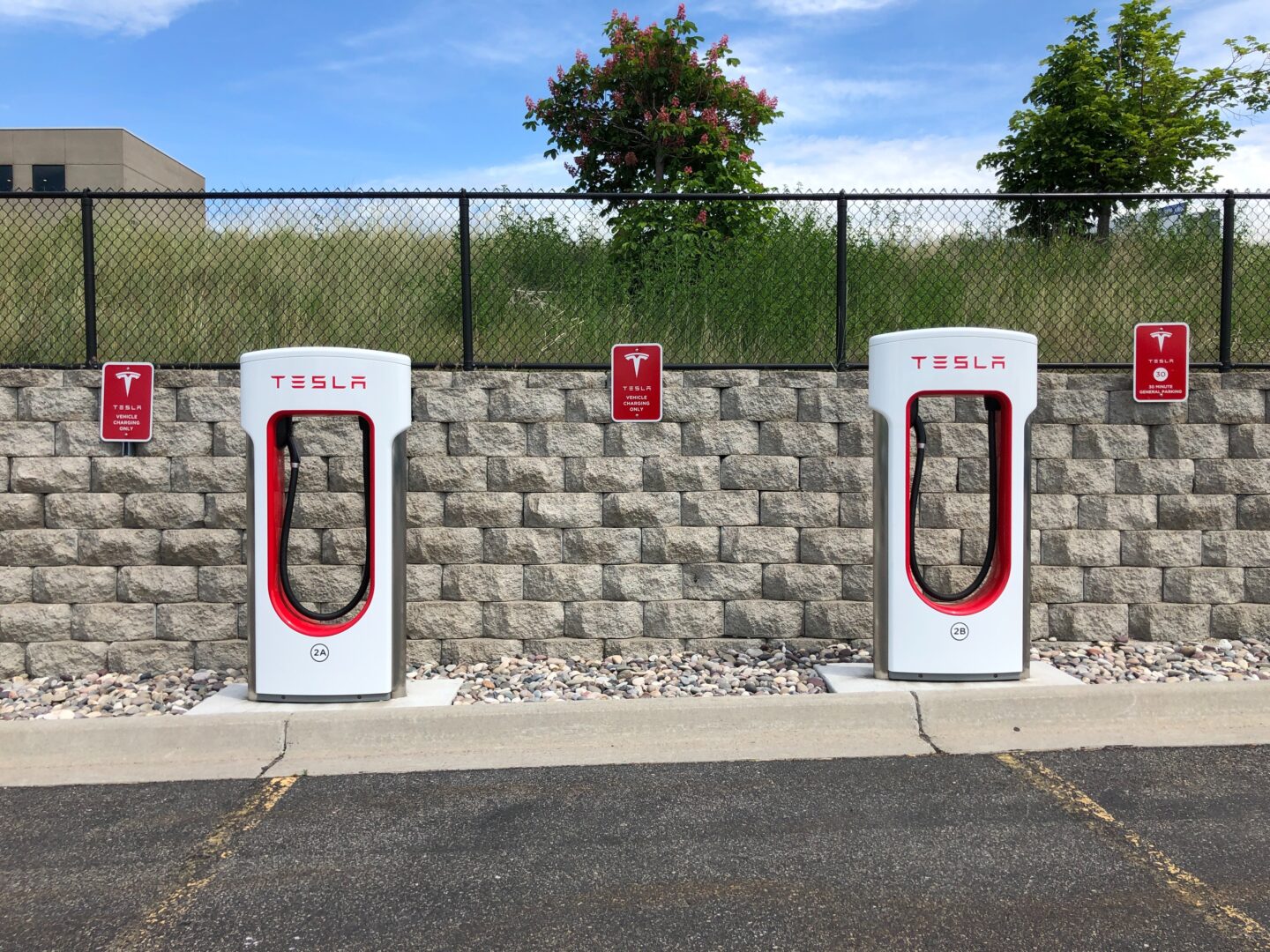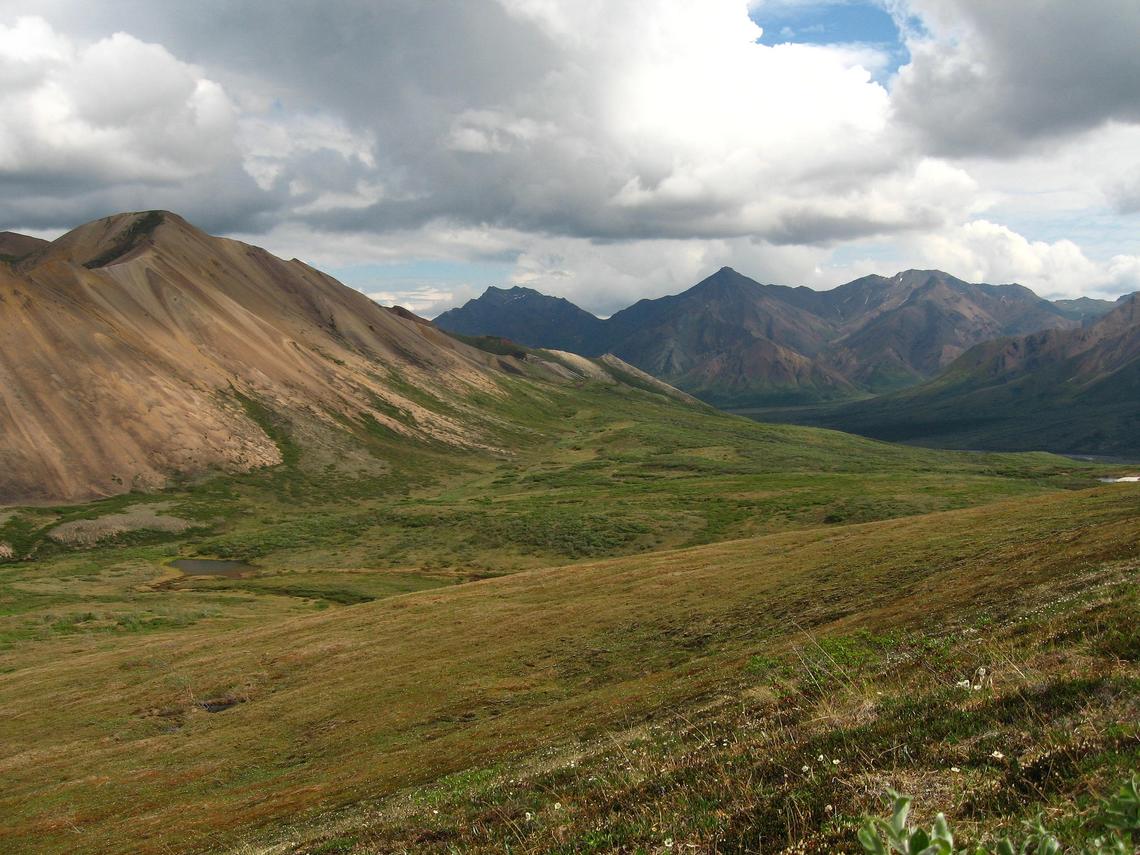Author: Grace Liu ‘23
We’re back again with some hopeful happenings in the environmental sector. This week, we’re looking at rainforest conservation, vertical farming innovations, and agricultural robots.
- Biden’s rainforest conservation plan: A bipartisan group of former U.S. officials has formed a group called the Climate Principles. In the wake of the Biden Administration’s campaign pledge to put $20 billion toward the protection of the Amazon rainforest, the Climate Principles group has put together some policy recommendations to help achieve this goal. This plan has four primary goals: attaining conservation funding, keeping the forest in mind in trade agreements, keeping companies accountable for deforestation, and promoting international cooperation around forest conservation.
- Affordable housing meets vertical farming: Vertical Forest is a company that plans to build a vertical greenhouse inside an affordable housing development in Westbrook, Maine, with more to follow in Chicago and Philadelphia. While many vertical farms are located in warehouses or other non-residential areas, this project aims to bring healthy, nutritious food and job opportunities to communities that struggle with food security.
- Robot team finds and electrocutes weeds: Tom and Dick are a dynamic duo of robots at Lockerly estate in the UK who work together to map and kill weeds on the farm. Tom uses a powerful camera to detect the weeds, and Dick electrocutes them using a “five-pronged death wand” without the use of pesticides. Since their introduction about a year ago (among other sustainable agricultural practices), the farm has reduced its use of pesticides by 41% and fertilizer by 32%.
Thanks for reading, and we hope that these news snippets have brightened your day! Tune in next week for more positive environmental news and in the meantime, feel free to take a look at previous posts or share some good news with us!



